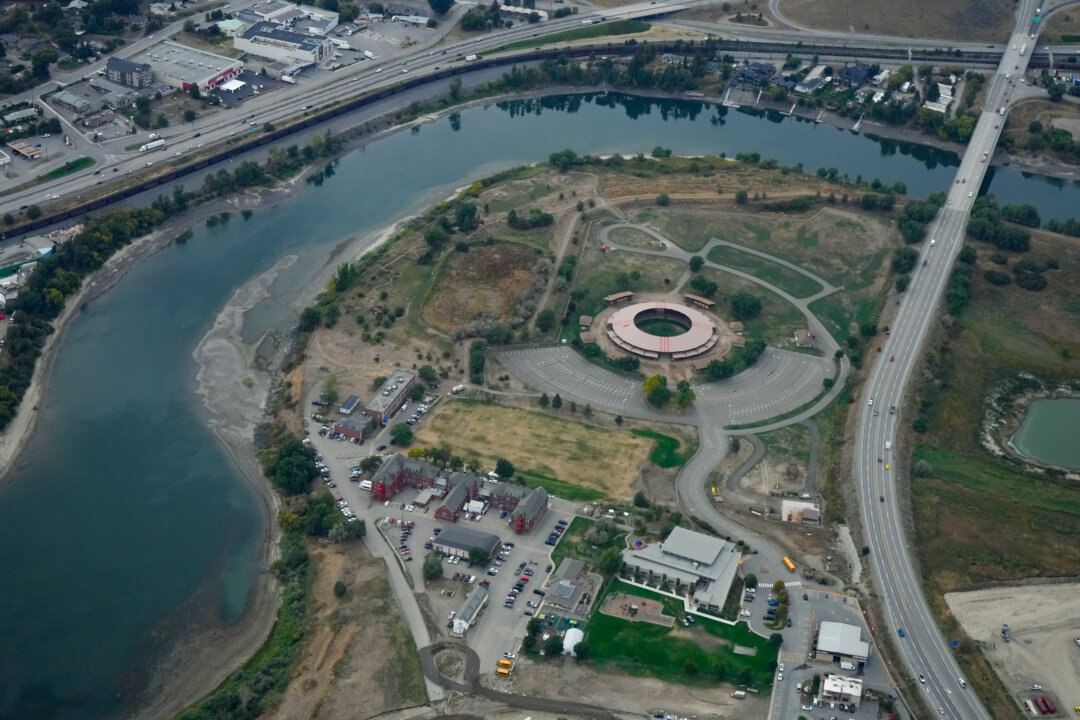
WEF: Somebody has to be in charge of rationing freedom
That’s why only Central Banks can create digital currencies
The Fed recently put out a white paper, Data Privacy for Digital Asset Systems, which contends that the expectation of privacy in digital currencies (read: CBDCs) stems from misunderstanding how digital systems work.
“Concepts such as the desire for ‘cash-like anonymity’ are based on false underlying assumptions.”, is the crux of it (quick, somebody tell the Monero team, and everybody else already deploying anonymizing protocols and applications for digital assets).
The subtext is that there can be some privacy and confidentiality safeguards built into CBDCs, but at the end of the day those would still be subject to being overridden or dispensed with. The paper doesn’t come out and say that, but it does make oblique references:
https://bombthrower.com/wef-somebody-has-to-be-in-charge-of-rationing-privacy/
No Excavations Done Yet at Kamloops Residential School as First Nation Provides Update on ‘Complex’ Investigation
"I am honoured to speak directly with Albertans about the road ahead for our province, the choices we face together, and how you will have the final say in shaping Alberta’s future within a strong and united Canada."
https://x.com/ABDanielleSmith/status/2024661280163058030

















